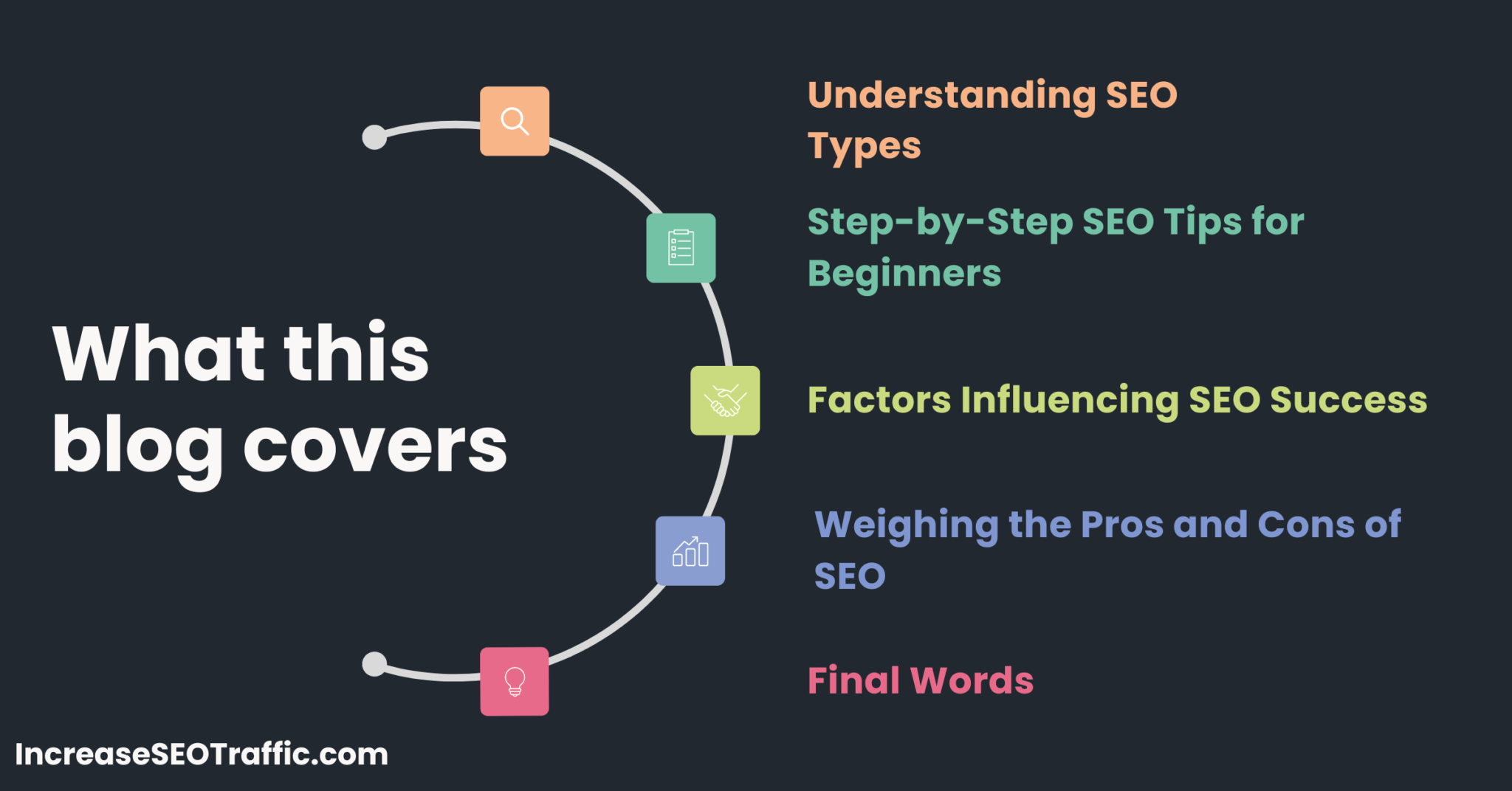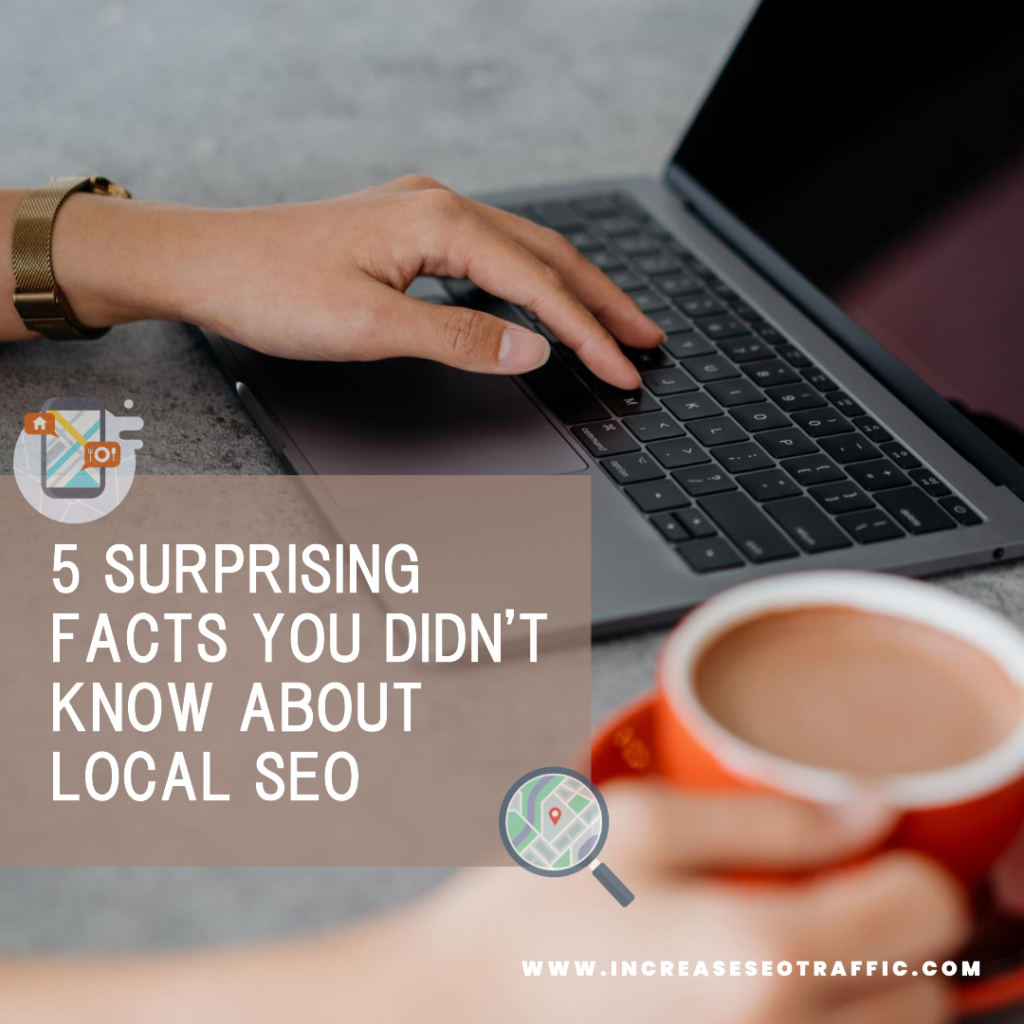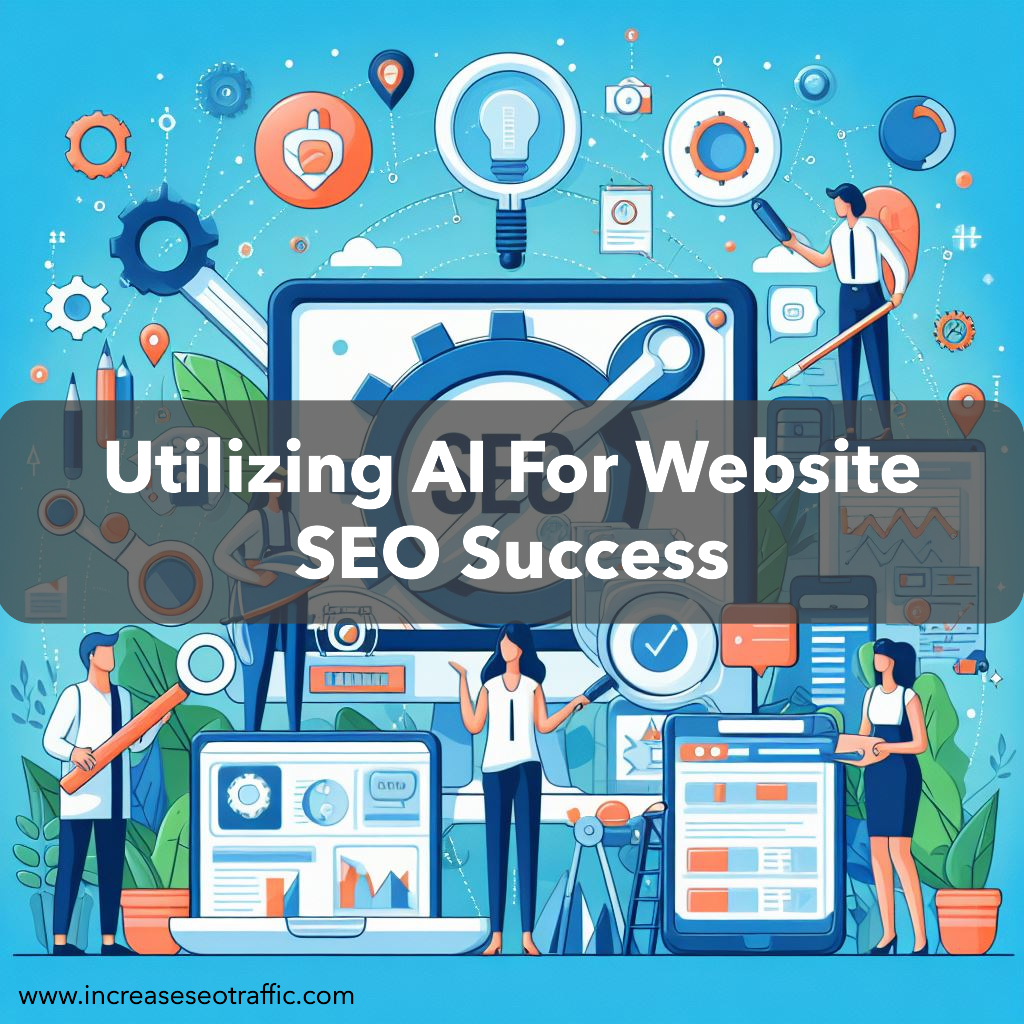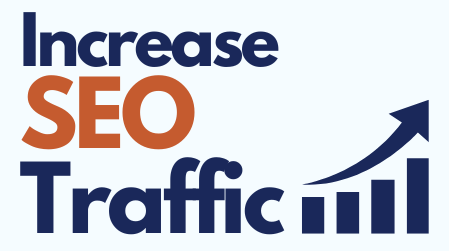How To Understand The Basics Of SEO
A Beginner's Guide To Boosting Your Website's Traffic


There’s no denying the importance of SEO when it comes to increasing your website’s visibility and driving organic traffic. Understanding the basics of SEO is crucial for any beginner looking to improve their website’s performance on search engines. In this beginner’s guide, we will break down the fundamentals of SEO and provide you with easy-to-follow tips to optimize your site and boost your online presence. Let’s dive in and learn how you can take your website to the next level!
Key Takeaways:
- Understand the importance of keywords: Keywords are crucial in SEO as they help search engines understand what your website is about. Conduct keyword research to identify relevant and high-performing keywords for your content.
- Create high-quality content: Content is king in SEO. Produce valuable, relevant, and engaging content that satisfies the user’s search intent. Include keywords naturally in your content to improve its visibility in search engine results.
- Optimize on-page elements: Optimize your website’s on-page elements, such as titles, meta descriptions, headers, and URLs. Make sure they contain relevant keywords and accurately describe the content to improve your website’s visibility and click-through rates.
Understanding SEO Types
Clearly, before diving deep into the world of SEO, it is crucial to understand the different types of SEO strategies that can help boost your website’s traffic. By familiarizing yourself with these SEO types, you can create a more comprehensive and effective online presence.
| On-Page SEO | Off-Page SEO |
| Content Optimization | Link Building |
| Title Tags | Social Media Marketing |
| Meta Descriptions | Guest Blogging |
| URL Structure | Online Reputation Management |
| Keyword Research | Influencer Partnerships |
Perceiving the differences between on-page and off-page SEO can help you develop a well-rounded strategy to enhance your website’s visibility and attract more organic traffic.
On-Page SEO Basics
Basics of on-page SEO involve optimizing your website’s content, meta tags, and URL structure to make it more search engine friendly. By focusing on aspects such as keyword research, title tags, and meta descriptions, you can improve your website’s relevance and visibility in search engine results.
Off-Page SEO Explained
For off-page SEO, the emphasis is on strategies that take place outside of your website to improve its authority and reputation. These include activities like link building, social media marketing, and guest blogging, which can help increase your website’s credibility and trustworthiness in the eyes of search engines.
A key aspect of off-page SEO is building high-quality backlinks from reputable websites, as these serve as a vote of confidence for your site’s credibility. Engaging in social media marketing and forming partnerships with influencers can also help broaden your online presence and attract more traffic to your website.
Step-by-Step SEO Tips for Beginners
It is crucial for beginners to understand the basics of SEO in order to boost their website’s traffic. Below are some step-by-step tips to help you navigate the world of search engine optimization:
- Keyword Research: The Foundation of SEO
- Content Optimization: Making Your Site Shine
| Keyword Research | Content Optimization |
| Understand user intent | Optimize meta tags |
| Use keyword research tools | Create high-quality content |
Keyword Research: The Foundation of SEO
Any successful SEO strategy starts with thorough keyword research. By understanding what keywords your target audience is searching for, you can optimize your website to attract more organic traffic. Use keyword research tools like Google Keyword Planner or SEMrush to identify relevant keywords with high search volume and low competition.
Keyword research lays the foundation for all your SEO efforts. By targeting the right keywords, you can drive targeted traffic to your website and increase your chances of ranking higher in search engine results. The key is to focus on long-tail keywords that are specific to your niche and have the potential to bring in quality traffic.
Content Optimization: Making Your Site Shine
Shine with engaging, informative, and keyword-rich content. Make sure your meta tags (title tag, meta description) incorporate your target keywords naturally. Additionally, focus on creating high-quality content that provides value to your audience and encourages them to engage with your site.
To stand out in search engine results, your content needs to be optimized for both users and search engines. This means striking a balance between readability and SEO best practices. By creating content that is valuable, relevant, and optimized, you can improve your website’s visibility and attract more organic traffic.
To further enhance your content optimization efforts, consider incorporating relevant keywords into your headings, subheadings, and image alt text. This will signal to search engines what your content is about and improve your chances of ranking for those keywords.
Factors Influencing SEO Success
To understand the basics of SEO and boost your website’s traffic, you need to consider various factors that influence SEO success.
- Technical SEO: Behind the Scenes Elements
- User Experience: Why It Matters for SEO
Technical SEO: Behind the Scenes Elements
One imperative component of SEO success is technical SEO. This involves optimizing your website’s backend elements such as title tags, meta descriptions, site speed, mobile-friendliness, and structured data. These elements help search engines better understand and rank your website’s content. For a detailed guide on technical SEO, check out the Beginner’s SEO guide: Search engine optimization for small business websites.
User Experience: Why It Matters for SEO
User experience plays a crucial role in SEO success. Search engines prioritize websites that offer a seamless and engaging user experience. Factors such as page load speed, mobile responsiveness, easy navigation, quality content, and secure browsing (HTTPS) influence how users interact with your site. By focusing on improving user experience, you not only enhance your SEO but also increase user satisfaction and retention.
Behind the scenes, user experience impacts several SEO metrics like bounce rate, dwell time, and click-through rate. Search engines analyze these metrics to determine the relevance and quality of your website content. Providing a positive user experience not only boosts your SEO rankings but also fosters trust and credibility with your audience.
By prioritizing technical SEO and enhancing user experience, you can lay a solid foundation for improving your website’s SEO performance. Bear in mind, SEO success is a continuous process that requires ongoing optimization and monitoring. Take the time to understand these crucial factors and implement best practices to drive organic traffic and visibility to your website. Though it may seem overwhelming at first, the rewards of mastering SEO are well worth the effort.
Weighing the Pros and Cons of SEO
Keep in mind that SEO (Search Engine Optimization) can be a powerful tool for increasing your website’s visibility and driving organic traffic. However, like any strategy, it comes with its own set of pros and cons. Understanding these can help you make an informed decision about whether investing in SEO is the right choice for your website.
| Pros of SEO | Cons of SEO |
| Increases website visibility | Requires ongoing effort and maintenance |
| Drives targeted organic traffic | Results may take time to show |
| Builds credibility and trust | Algorithm changes can impact rankings |
| Cost-effective compared to paid advertising | Competitive keywords can be challenging to rank for |
| Long-term benefits for your website | Requires understanding of search engine algorithms |
Pros of Investing in SEO
Consistent investment in SEO can yield significant benefits for your website. By optimizing your website for search engines, you can improve its visibility and attract a steady stream of organic traffic. This targeted traffic is more likely to convert into leads or customers, resulting in a higher return on investment for your business.
Moreover, SEO helps build credibility and trust with your audience. When your website ranks highly on search engine results pages, users perceive it as more authoritative and trustworthy. This can lead to increased brand awareness and loyalty over time.
Potential Drawbacks and How to Overcome Them
With any marketing strategy, there are potential drawbacks to consider. One common concern with SEO is that results may not be immediate. It takes time to see significant improvements in your search engine rankings, especially for competitive keywords. However, with patience and consistent effort, you can gradually climb the rankings and reap the benefits of SEO.
Potential challenges also include staying up-to-date with search engine algorithm changes and understanding the intricate details of SEO. To overcome these obstacles, consider investing in ongoing education, consulting with SEO experts, and regularly monitoring your website’s performance to make necessary adjustments.
Final Words
The journey to mastering SEO may seem daunting at first, but by understanding the basics outlined in this beginner’s guide, you are well on your way to boosting your website’s traffic. Do not forget, SEO is a continuous learning process, so don’t be afraid to experiment, analyze and adapt your strategies. Keep creating valuable content, optimizing for keywords, and building quality backlinks. Stay patient and consistent, and over time, you will see improvements in your website’s visibility and traffic. Embrace the learning curve, stay persistent, and enjoy the rewards of your hard work in the exciting world of SEO!
FAQ
Q: What is SEO?
A: SEO stands for Search Engine Optimization. It is the practice of optimizing your website to improve its visibility in search engine results pages.
Q: Why is SEO important for my website?
A: SEO is important because it helps your website rank higher in search engine results, which leads to increased organic traffic and more potential customers finding your site.
Q: What are some basic SEO techniques I can use as a beginner?
A: As a beginner, you can start by optimizing your website’s meta tags, creating high-quality content with relevant keywords, and building backlinks from reputable sources.
Q: How long does it take to see results from SEO efforts?
A: SEO is a long-term strategy, so it may take several weeks or even months to see significant results. Consistent effort and monitoring are key to achieving SEO success.
Q: Are there any tools available to help with SEO optimization?
A: Yes, there are many tools available to help with SEO optimization, such as Google Analytics, SEMrush, Moz, and Ahrefs. These tools can help you track your website’s performance, conduct keyword research, and analyze your competitors.
Related Posts

Surprising Facts You Didn’t Know About Local SEO
5 Surprising Facts You Didn’t Know About Local SEO Read the blog Most people are aware of the importance of

Benefits Of Local SEO
Local SEO Strategies Untap the benefits Read the blog SEO is a powerful tool that can significantly impact the success

Boost Your Local SEO
Expert Tips – How To Boost Your Local SEO Ranking With Minimal Effort Read the blog Expertise in local search

SEO Generator AI
Mastering SEO Generator AI A Definitive Guide For Website Owners Read the blog Preliminary Concepts Understanding the Basics of SEO

AI For Website SEO
Utilizing AI for Website SEO Success Understanding AI and its Role in SEO Read the blog Many website owners today

Future Of SEO With AI
The Future Of SEO With AI Strategies You Need To Implement Read the blog SEO professionals are constantly adapting to

About the blog
Table of Contents
Browse SEO Categories
- In-Depth Guides (2)
- SEO (13)
- Content Marketing SEO (4)
- Enterprise SEO (1)
- Keyword Research (1)
- Local SEO (3)
- Technical SEO (5)
- SEO With AI (7)
Subscribe to our newsletter
Unleash Your Website's Power:
The Master Class in SEO for Beginners
This isn't just another "SEO Guide." It's your launchpad to search engine domination.
